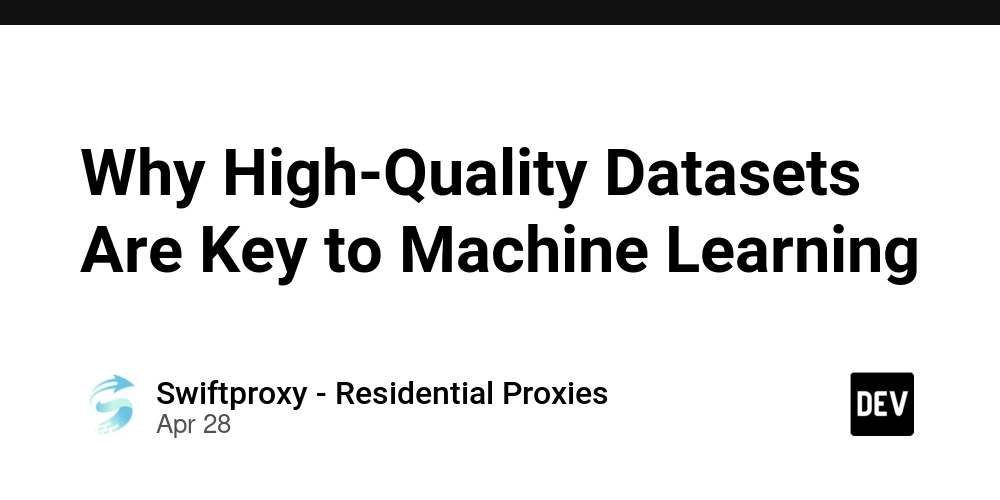Flailing Democrats need to build coalitions, not primary their own members
For Democrats, the right answer to Trump’s reign of error isn’t to indulge in purity tests and fratricidal primary challenges.

These are anxious times for our country. We are assailed hourly by a belligerent president who treats America’s laws, courts and civil liberties with utter contempt and imagines he can rule a free people by royal decree.
Are Democrats fighting hard enough against President Trump’s malicious policies and rampant abuses of power? Progressive activists say no, and they’re even threatening to unseat Democrats they claim are afraid to mix it up.
This is asinine — a return to the politics of subtraction that has locked the party out of power, effectively disarming it in the struggle with a rogue president.
The party’s left turn in reaction to Trump’s rise since 2016 has been a fiasco. It’s identified Democrats with soaring prices and living costs, sclerotic federal bureaucracies that can’t get things done, unrestricted illegal immigration, permissive attitudes toward crime and an illiberal politics of race and gender essentialism.
That has left the Democratic brand badly tarnished. Only 27 percent of Americans have a favorable view of the party.
Its coalition has been shrinking as non-college Hispanic and Black voters increasingly join a general working-class exodus from the party. During the Biden years, Republicans surpassed Democrats in party affiliation. The U.S. political map keeps getting redder as Democrats lose ground outside deep blue metros, ceding the exurbs, small cities and towns and rural America to their opponents.
Protests and bladder-defying filibusters have their place, but what Democrats really need is a new politics of addition. Resisting Trump is only half the battle. Democrats also need to reckon with why they’ve lost touch with America’s working families and make the major course corrections necessary to start winning them back.
Last year’s election showed that class, defined in educational terms, is now the country’s main political fault line, eclipsing race and ideology.
Kamala Harris won 56 percent of college graduates, while Trump won 56 percent of Americans without college degrees. That’s an advantage for Republicans, because working-class voters make up a solid majority (at least 57 percent) of the U.S. electorate.
Only by building a new, cross-class coalition that welcomes more non-college Americans can Democrats rebuild their electoral strength.
That won’t be easy for a party accustomed to taking its cues from well-educated and affluent professionals and white progressives. Political elites don’t surrender power voluntarily — even to win elections.
It’s crucial, for example, that Democrats stand up to immigrant rights groups and “social justice” activists who think there’s no such thing as an illegal migrant. We’re a nation of immigrants, but we’re also a nation of laws.
Instead of lavishing debt relief on college students, they should invest more in creating alternative networks of “earn and learn” pathways to good jobs and careers for the non-college majority. And instead of “delivering” massive spending bills, it’s time for Democrats to pursue economic policies that reduce inflation and public debt.
Democrats need their own plan for making government work better, protecting crime-ridden communities, modernizing our K-12 public schools, and pursuing politically sustainable climate polices that provide energy abundance, not scarcity.
In short, Democrats must reorient their governing agenda around the economic aspirations and moral outlook of working Americans. Otherwise, the best they can hope for is to eke out narrow wins on the back of their opponents’ failures.
They should aim higher. Only by building large and durable majorities can Democrats break our country out of today’s frustrating 50-50 partisan stalemate and deliver the economic and public sector reforms Americans hunger for.
There will be, and should be, public fights over changing party doctrine and governing priorities. Otherwise, voters won’t believe Democrats are really changing. Party renewal requires making some hard political choices.
They’ve done it before. In the early 1990s, the Democratic Leadership Council (which I helped start) arose to challenge what Bill Clinton called the “braindead politics of left and right” and offer an array of innovative “New Democrat” ideas for tackling stubborn national problems.
Then, as now, fresh thinking and new voices are more likely to come from outside Washington. The party’s D.C. establishment consists of entrenched interest groups, ideologues, strategists and donors that have grown too comfortable with the status quo.
That’s why Democrats are gathering in Denver this week to launch New Directions for Democrats, a series of regional conversations aimed at renewing the party’s ability to compete and win everywhere in America.
Democrats also can draw inspiration from the “Colorado Way” — the masterful effort two decades ago by party leaders, civic groups and donors to turn blue what was then a reliably red state.
This paved the way for the rise of radically pragmatic Democrats such as Gov. Jared Polis, Sens. John Hickenlooper (D-Colo.) and Michael Bennet (D-Colo.) and Denver Mayor Mike Johnston, who are participating in the New Directions dialogue along with many other state, local and national Democratic leaders, as well as top political and policy analysts.
The gathering also will examine a third model for party renewal: the United Kingdom Labour Party’s dramatic return to power last Jul. 4. Top advisers to Prime Minister Keir Starmer will describe Labour’s successful bid to win back working-class voters with a relentless focus on cost-of-living concerns, economic competence and public sector reform.
For Democrats, purity tests and fratricidal primary challenges are the wrong answer to Trump’s reign of error. The right answer is to resist and reform, showing voters they can be trusted to change the country because they’ve changed their party.
Will Marshall is president and founder of the Progressive Policy Institute.









































































